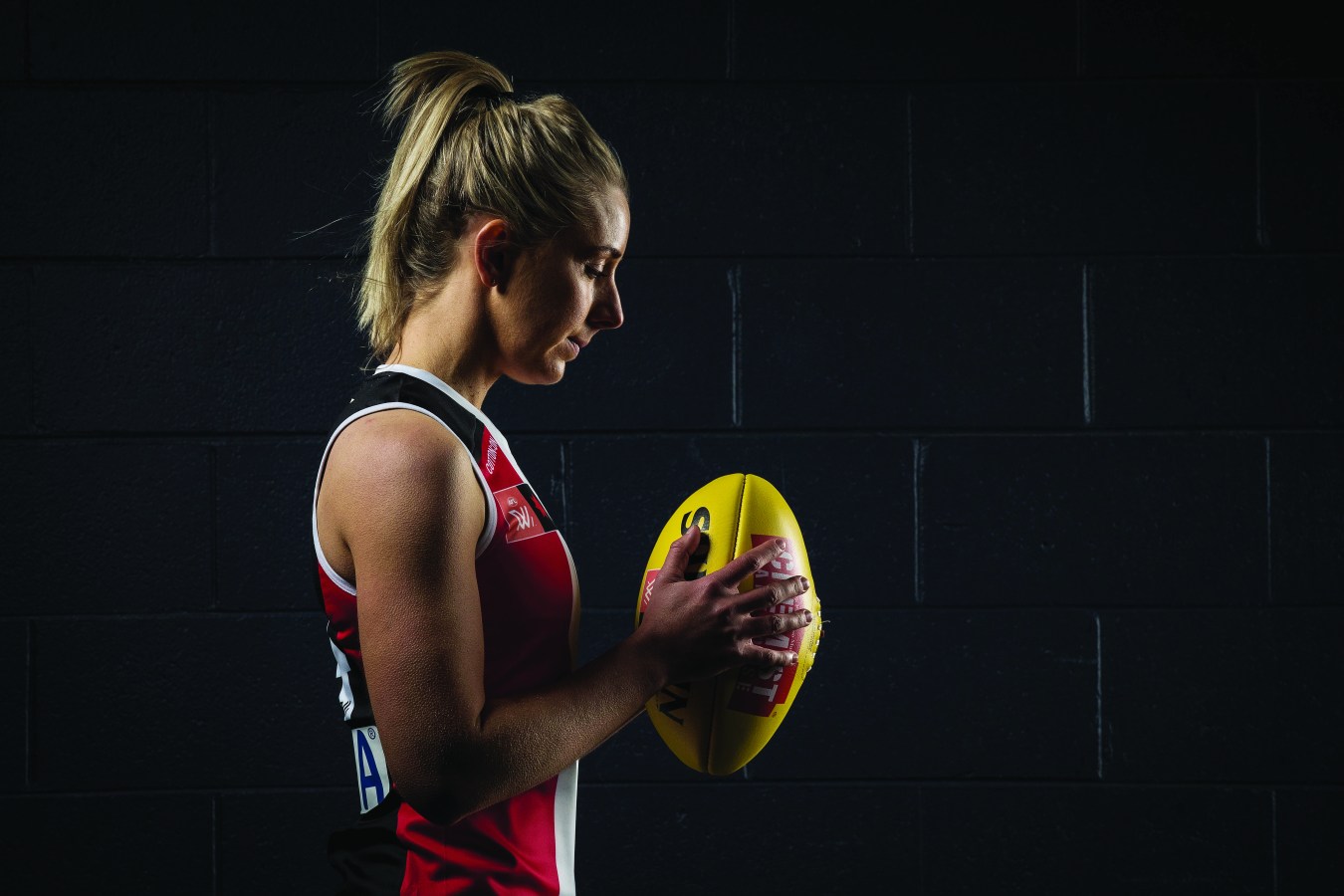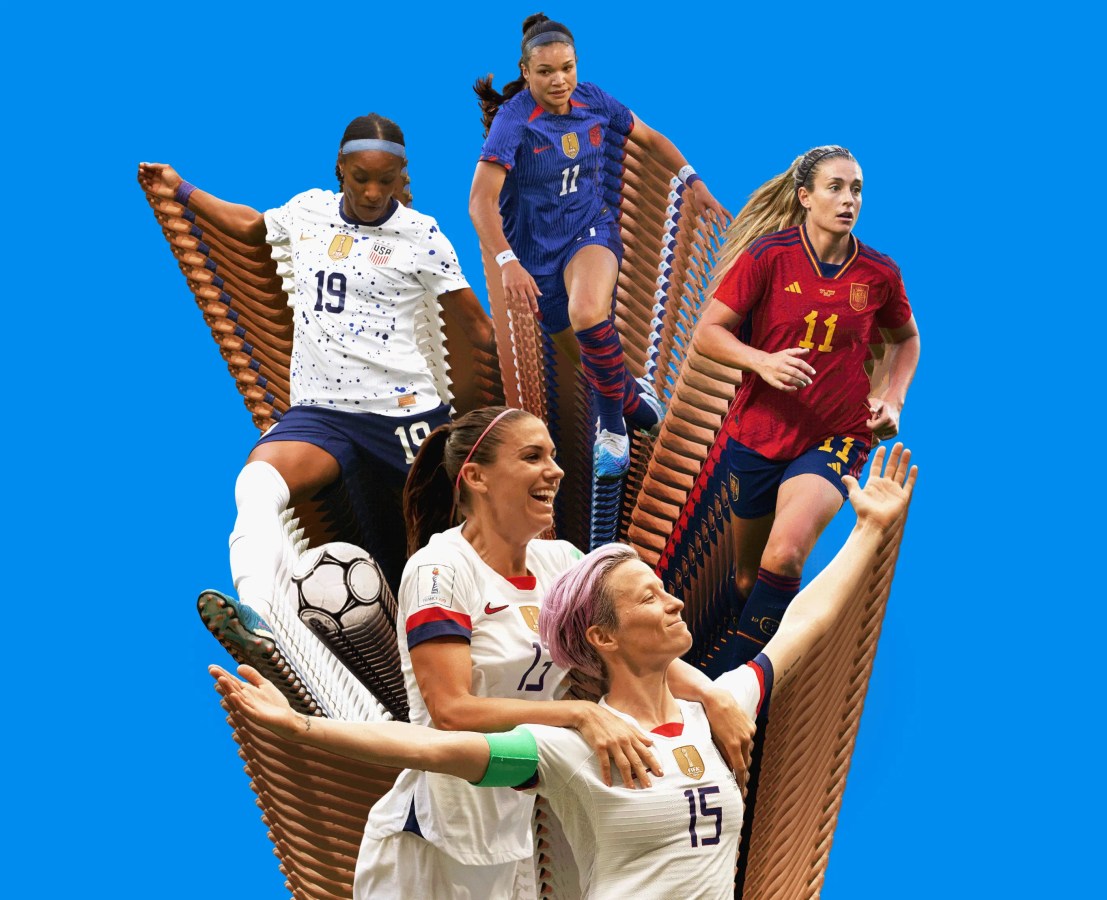Walsh represented Australia at the 2004 Olympic Games, two AFC Women’s Asian Cups, and the 2007 FIFA Women’s World Cup. Now she is spearheading Football Australia’s 2026 AFC Women’s Asian Cup, and driving the Matildas’ success from the off-field.

The support for the Matildas during the World Cup last year was incredible to see. It was because of the phenomenal athletes of course, but what other factors contributed?
I think you could put a lot of our success down to being willing to challenge the status quo and challenge traditional thinking, particularly in sport. We had a vision for this team. And we didn’t look back.
Can you give specifics on how you changed the norms of soccer?
It was a really hard thing to do to challenge the status quo. And unlearn everything we knew about sport, to design it differently. To put the Matildas first – whether we’re talking about high-performance conditions, or having a mother in the high-performance environment, all of these things needed to change for us.
Football Australia won the rights to host the 2026 AFC Women’s Asia World Cup in Queensland, NSW, and Western Australia. Could that event be as big as the 2023 World Cup?
We want to fill the stands and we want to give Australia another moment where we can all come together to support our Matildas. It’s uniting a nation, which is important to us, through one of the most prestigious tournaments in Asia.
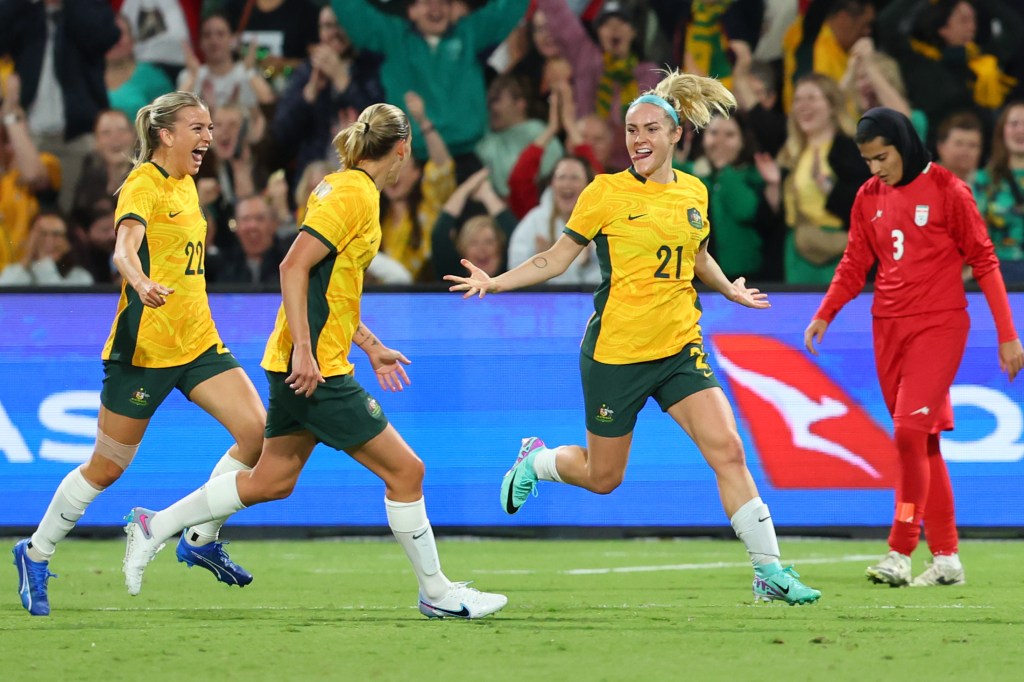
You have a personal connection to the Asia World Cup. Can you talk about that?
I was fortunate enough to play in the 2006 Asian Cup that was on our shores – it will be 20 years on once we host in 2026. We won in 2010, which was a really great time to be a Matilda. It was the first time we’d won the Asian Cup – men or women. And then the men went and did it in 2015, which was fantastic as well.
What did you learn during the 2023 World Cup that will inform how you approach the 2026 AFC Asia Cup?
We’re looking at close to 600,000 attendees. And we’re using new benchmarks from our learnings from the Women’s World Cup. It’s 12 teams — so less teams — but 12 of the best Asian nations. The return on investment for us is the economic standard and also social impact.
We look back at the England versus Australia semi-final where a large majority of Australians were united for a single moment. That semi against England was the most-watched TV program in the history of [Australian] TV.
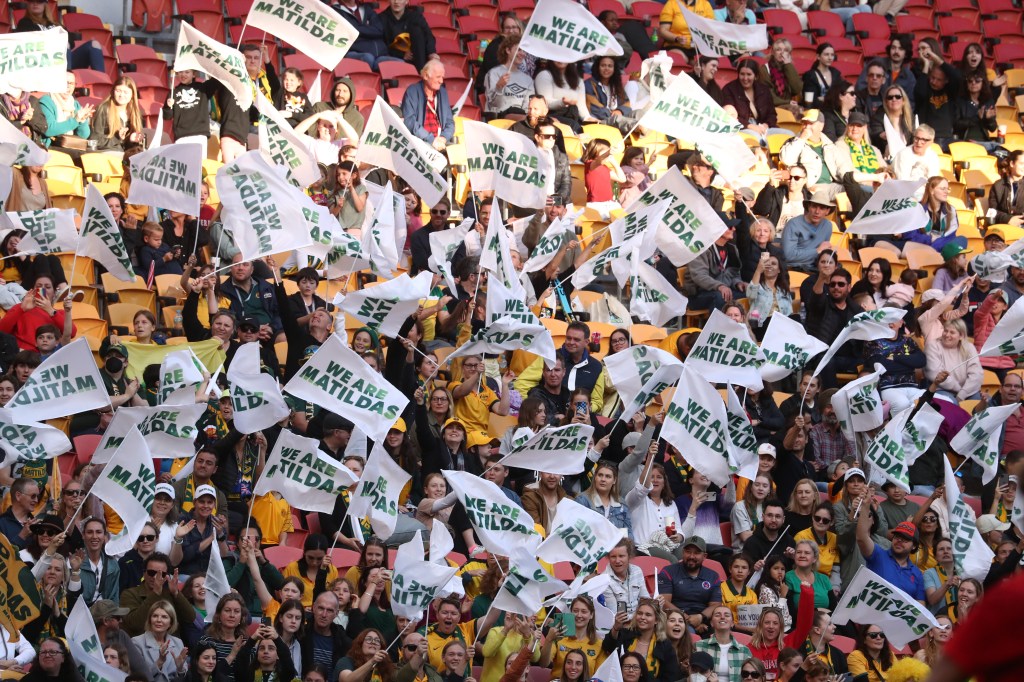
Let’s talk about the ROI of the World Cup.
We worked with the federal government for the FIFA Women’s World Cup, which was a fantastic success, and delivered significant economic and social value to Australian society. $1.32 billion worth of economic value to Australia.
The event alone wasn’t why we bid to host with New Zealand — it was really centred around making sure that we elevated the game and made sure that football, in particular, was in a better position socially and economically. As it turned out, 33% of the total funds we unlocked delivered benefits for other sports.
Can you elaborate on how other sports benefited?
The government announced a $200 million fund for women’s sport facilities. So many great things happened off the back of the Women’s World Cup, but I think one of the proudest things that I’ve been a part of is that the success continues. This Women’s Asian Cup in 2026 provides a really nice marker for legacy off the pitch on the way to the 2032 Olympics.
It has been a long journey to get the Matildas and women’s football to where it is today. Are there inflection points that stand out to you?
Pre 2020, it was a story of slow and incremental change, particularly as a player. Back in 2007, we were still negotiating WiFi and laundry for the team. In 2010, we had our first collective bargaining agreement. Then fast forward to where we got very serious about this team in 2019. We reached an equal pay agreement and equal high-performance conditions between the Socceroos and the Matildas.
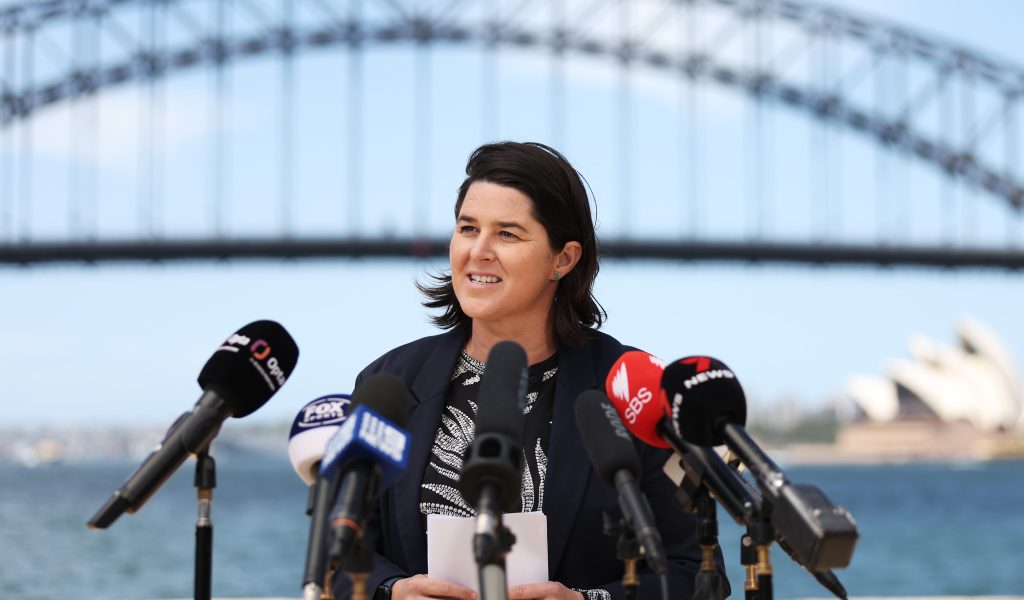
What leadership lessons do you take away from reinventing the rules for the Matildas?
Diverse leadership is really crucial and having the right people in the room to not only make decisions, but to design programs, to make sure that we’re thinking about the end user, but also the lived experience to build that out. That’s what leadership means to me.
We had a vision and sometimes there’s no blueprint for the way forward. And that’s innovation, right, trying to do new things for the first time. So I think being open to change and being open to doing things differently is really important.
Look back on the week that was with hand-picked articles from Australia and around the world. Sign up to the Forbes Australia newsletter here or become a member here.
